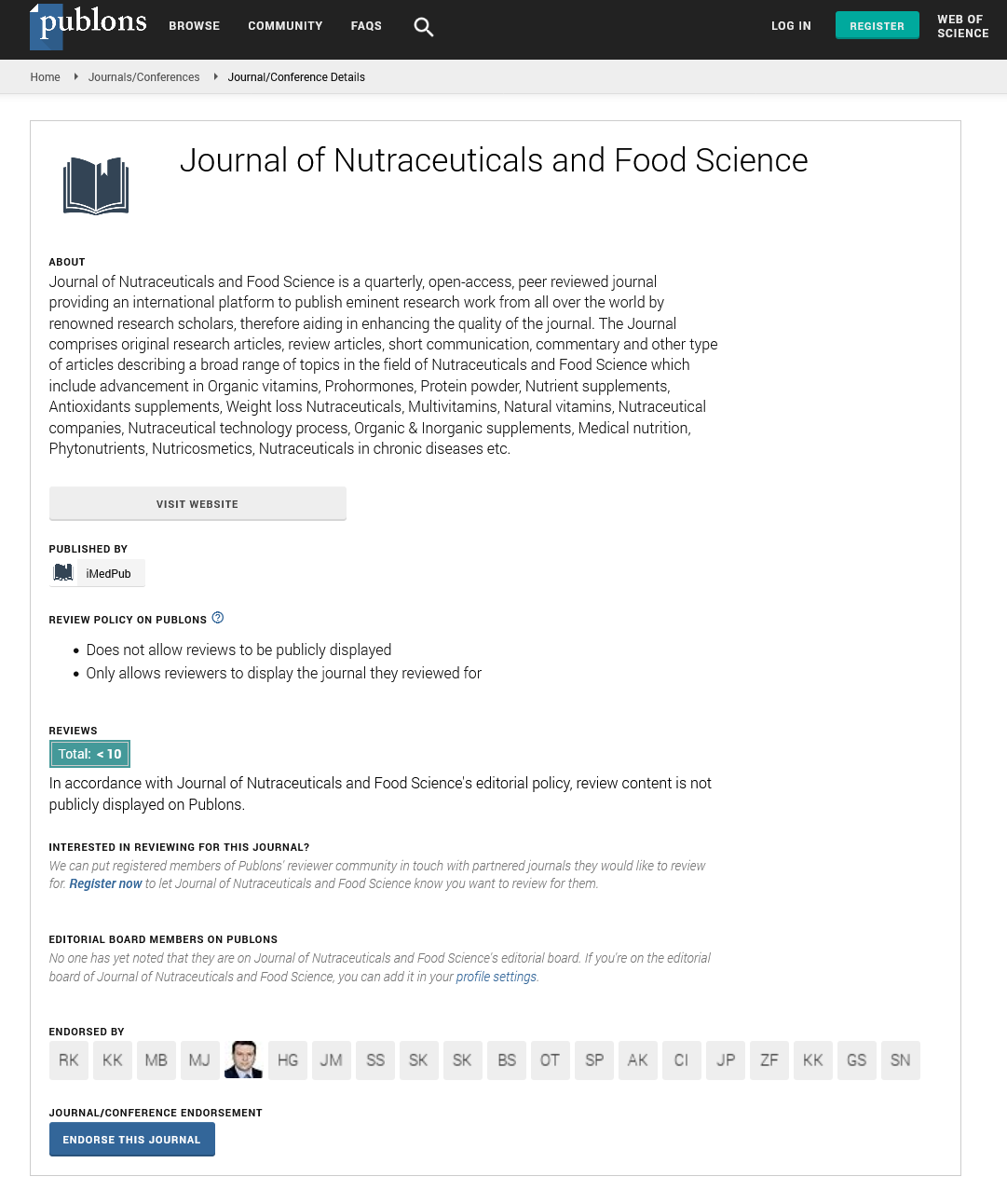Abstract
Food safety practices of cooked food
Hawking of cooked foods is an important economic activity, especially for low-income earners. However, the trade raises public health concerns particularly due to the likely breaches of food safety standards. Thus, this study investigated the food safety practices of hawkers of cooked foods in Tharaka Nithi County. A cross-sectional study design was used to collect data from 151 respondents using a questionnaire. The other data collection tools included a key informant interview guide and an observation checklist. The mean age of hawkers was 40.25 ± 9.226 years, with 71.5% of them aged between 35 and 59 years. The majority of hawkers were females (77.5%), married (51.7%), had attained secondary level education (55.6%), and earned a daily profit of between Ksh. 501 and 1,000. The hawkers were largely (91.1%) not trained on food safety, did not have a food hygiene license (92.7%), did not wear outer garments (58.9%), and did not have a medical certificate (89.5%). Almost half (54.2%) of the hawkers prepared their foods at home and transported them to hawking sites using public means (52.6%). The majority (86.8%) of hawking sites were makeshift stations and 40.4% of them had reportedly been infested with rodents. Generally, the hawkers did not comply with most of the food safety standards. County government of Tharaka Nithi should therefore design and implement interventions to promote the safety of cooked foods hawked in the county.
Author(s): Cornellius Musembi Muendo
Abstract | Full-Text | PDF
Share this

Google scholar citation report
Citations : 393
Journal of Nutraceuticals and Food Science received 393 citations as per google scholar report
Journal of Nutraceuticals and Food Science peer review process verified at publons
Abstracted/Indexed in
- Google Scholar
- Publons
- Secret Search Engine Labs
Open Access Journals
- Aquaculture & Veterinary Science
- Chemistry & Chemical Sciences
- Clinical Sciences
- Engineering
- General Science
- Genetics & Molecular Biology
- Health Care & Nursing
- Immunology & Microbiology
- Materials Science
- Mathematics & Physics
- Medical Sciences
- Neurology & Psychiatry
- Oncology & Cancer Science
- Pharmaceutical Sciences


